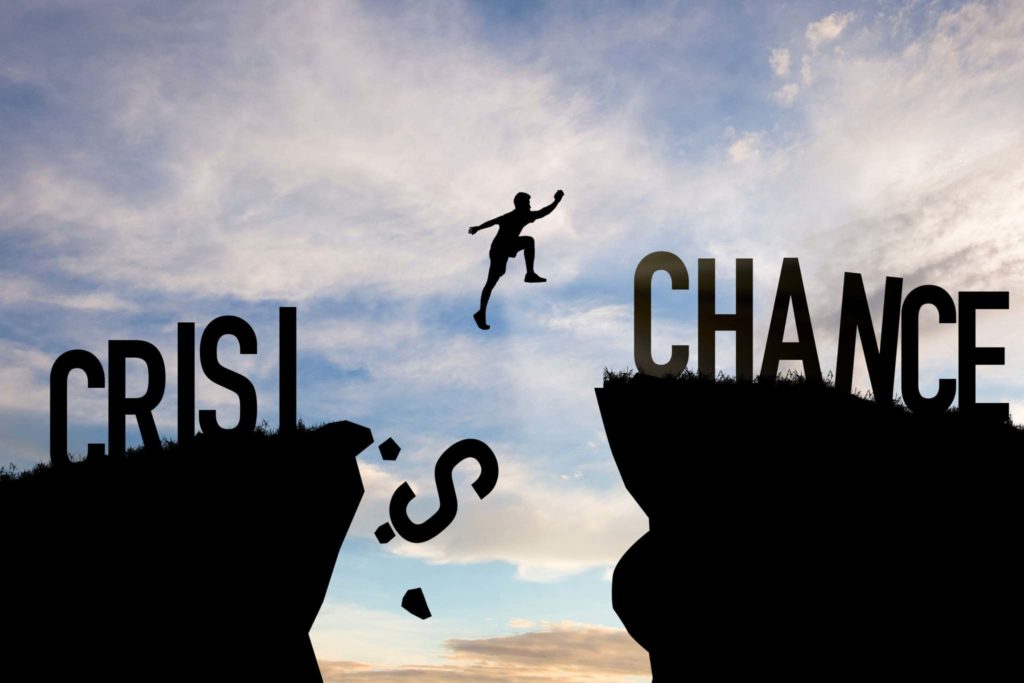
- Products
- Solutions
- Learn
- Partner
- Try Now
Bankrupt Sri Lanka asking its citizens abroad to send home cash after defaulting on 51 billion dollars in external debt.
The currency had fallen by 32% since the beginning of this year. There is no food. At least 5,000,00 Lankans have fallen into poverty in the last few months. There is no fuel. There are no medicines. Doctors say the economic crisis may kill more Lankans than Covid did.
What’s happening in Sri Lanka is much more than an economic crisis.
The question is how did it happen? How did Colombo lose all its money? And how businesses in Sri Lanka are surviving? Are there more countries facing a similar human disaster?
In this blog, we are going to discuss how Sri Lanka got into this trap, its current situation, and which other countries are on the same track with some effective measures to save from such mane made disasters.
So stay tuned!
How did it happen?
There is policy and the political side of things, which people like to call fate, followed by the root cause of Sri Lanka’s problems – China.

We’ll start with the policy
What’s happening now is a result of years of mismanagement. You see there’s a fundamental problem with Sri Lanka. It imports more than it exports. It spends more than it earns. There is a trade deficit. There’s also a budget deficit.
And this double debt is a perfect recipe for a disaster.
Gotabaya Rajapaksa was not even done and he made another blunder in April 2021. He banned all chemical fertilizers for the so-called “good for health” campaign. And he banned the import of luxury goods as well.
The politics and darling China

There is a question here: whether or not the politicians in Sri Lanka are illiterate. Right? Even their top finance experts are literate. Why on earth did they recklessly borrow money and deteriorate the economy to such a point?
Well, in a nutshell, thanks to the corruption of just one family, a majority of the government was controlled by them. The country’s economy has got every possible step wrong from 2005 to 2015. It was under a man named Mahinda Rajapaksa and this is where darling China’s death trap happened from 2015 to 2019.
In addition, China also funded the election, which included unrealistic subsidies and freebies. While these subsidies got them votes, they also helped corrupt officials win. In Sri Lanka today, the family controls 70 percent of the budget.
Now imagine how easy it would have been to take bad decisions with a few hundred crores and bribes in exchange for China taking over billions of dollars in public property.
This is how a man-made disaster with a combination of 25 years of civil war, a concentration of power, corruption, and bad financial decisions made Sri Lanka under debt and economic crisis, which is getting worse every day.
Impact on businesses and industries in Srilanka

Tourism accounts for 13 percent of Sri Lanka’s GDP. The country also earns foreign currency from tourists. Only 173, 000 tourists visited Sri Lanka in 2020, which was 2.3 million in 2018.
You see the gap. Compared to 2019, Sri Lanka’s tourism revenue decreased to 2.8 billion dollars by 2021.
- Last year, the revenue from taxes had fallen.
- Agriculture production which accounted for 8 percent of the GDP had also fallen.
- Tourism revenue had fallen.
- Foreign agencies stopped lending money.
So what did Colombo do?
In June 2021, Bangladesh lent Sri Lanka 200 million dollars and in February 2022, India lent 500 million dollars.
Sadly, Lanka could not sustain itself.
As a result,
- Food prices have increased by more than 30%.
- Now, a coconut costs 91 Lankan rupee instead of 50.
- One kilo of onions now costs 158 Lankan rupee.
- Rice has increased in price by 93%.
- The cost of chicken is 55% higher.
- Lentils are 117% more expensive.
Sri Lanka has gone through everything that could go wrong with its economy.
Sri Lanka’s debt crisis: a warning to the world

Do you remember the lost decade in entire Latin America due to the 2 large oil price shocks? After 3 decades, will history repeat itself?
Well, the World Bank warns of a global debt storm. It could collapse the economies of 70 developing countries this year.
Take a look at the global factors involved:
- The growing cost of borrowing
- Slow down due to the pandemic
- The Russian invasion of Ukraine (this has increased food and fuel prices)
These factors have compounded the Lankan crisis. And experts say the Lankan crisis is an early warning of danger.
According to this report by the UN, the entire developing world is at risk and 107 economies are going to suffer from one of the below risks:
- Energy prices
- Rising food prices
- Tougher financial conditions
69 countries are facing all the 3 risks where 25 countries are in Africa, 25 countries are in the Asia Pacific, and 19 countries are in Latin America.
Is there anything we can do to stop this? Are there any ways a world can prevent debt and economic crises?
The Need of the hour

Here is the problem: national budgets are at a breaking point across the world because of global debt distress. Many governments are cutting spending to stay afloat, while others are borrowing to do so.
According to experts and world leaders, here is what most nations need to do urgently and as a whole:
- Borrowers and creditors should have contingency plans in place. This includes plans to pause repayments if borrowers run into financial trouble.
- Low-income countries are always vulnerable to external crises. Develop better methods to handle shocks and crises. It is necessary to develop a mechanism to protect these countries from such threats.
- The G20 framework, which is supposed to help 73 poorest countries, needs to be extended to include other countries as well.
- During times of crisis and shock, countries with lower incomes face major financial problems. Tax collection can help alleviate many of these problems.
- Increasing transparency and accountability. Sri Lanka owes $8 billion to its darling China as a result of a contract that has unusual confidentiality clauses.
We need to end this. Poor countries must be protected from debt traps set by countries like China.
Final Words
Even a minor crisis can lead to an even bigger catastrophe. Similar to Covid, a small event in a smaller part of the world started a chain reaction that could not be stopped. We need to have policies and rules that can protect the poorest nations of the world. Sri Lanka may be just the beginning; no one can predict where it will end.
Subscribe to our newsletter for more interesting content.
Subscribe to stay ahead with the latest updates and entrepreneurial insights!

Subscribe to our newsletter
Get access to the latest industry & product insights.





















